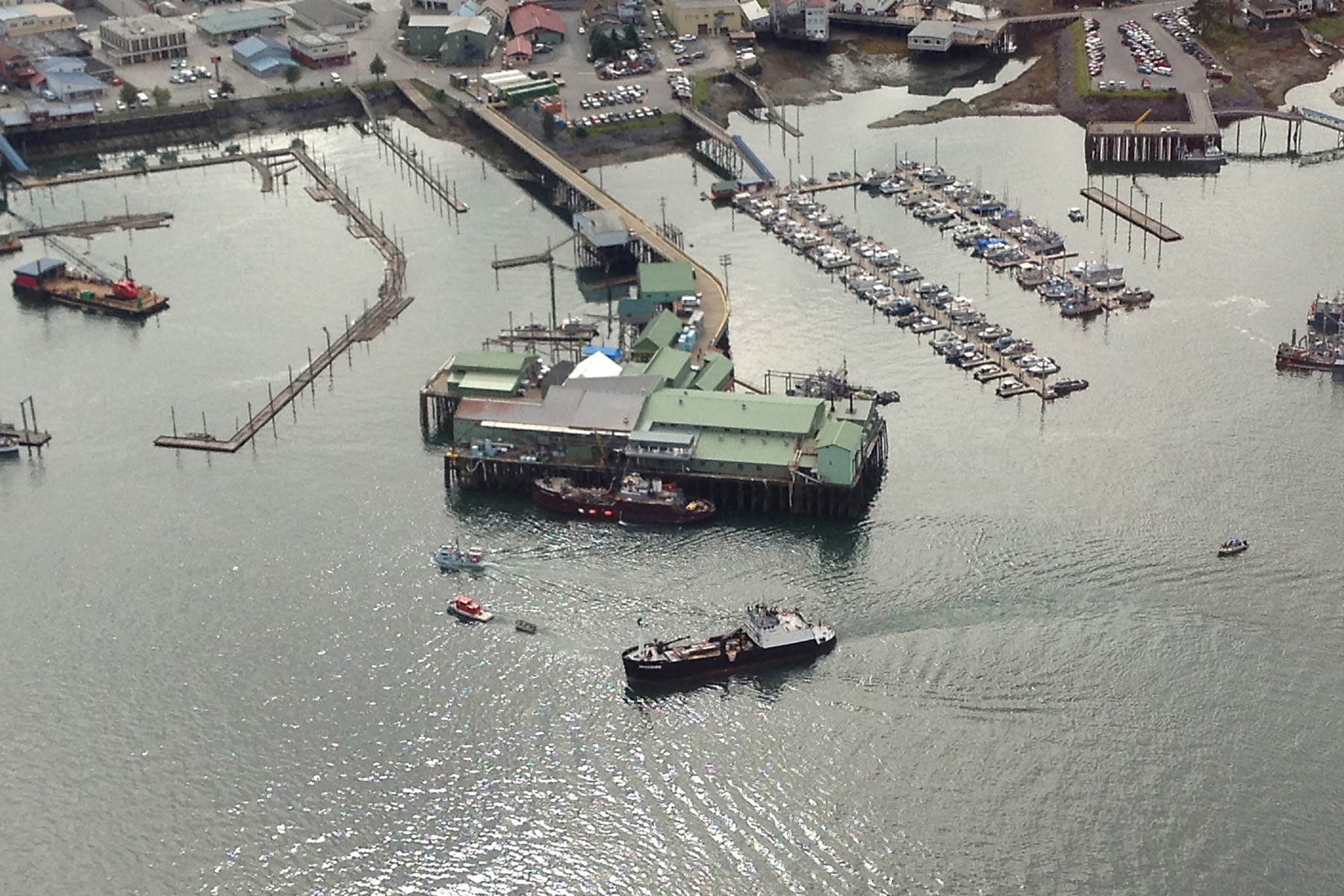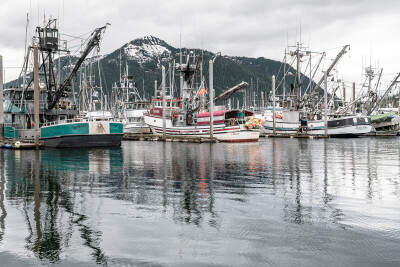Ocean Beauty Seafoods will keep its salmon cannery in Petersburg, Alaska, shuttered for the second consecutive year, according to a recent report from KFSK Community Radio.
Low pink salmon harvest forecasts are in part to blame for the decision, the company’s vice president of marketing, Tom Sunderland, explained.
“There’s two things together, one is the low harvest doesn’t really justify it and the other is the fact that the market is a lot hotter for frozen product as opposed to cans and that plant is primarily a cannery,” Sunderland told KFSK. “So there’s not expected to be a lot of fish in Southeast and we have plenty of canning capacity other places.”
Current pink salmon harvest projections have 23 million fish coming through Southeast Alaska. Managers don’t expect much of the harvest to come from the northern part of the region, reported KFSK. NMFS' Auke Bay lab expects a harvest ranging from 10 million to 23 million pinks.
Last year, Ocean Beauty opted to send its salmon supply to its plant in Excursion Inlet, which processes frozen fish 40 miles outside of Juneau, instead of opening the Petersburg cannery. Weak pink salmon runs in 2010 and building damage caused by the Matanuska state ferry in 2012 also resulted in closures of the Petersburg cannery over the past decade.
Moving forward, market conditions will play a big role in whether the cannery will remain closed or reopen, Sunderland said.
“You know I don’t know the answer to that, I wish I did,” he said to KFSK. “I think that depends a lot on market conditions, because as I said that plant is an efficient cannery but not necessarily an efficient freezing facility. So some of that depends on market conditions. If the market moves to where canning is more lucrative relative to the value we get for freezing fish right now, then it would make sense to operate it.”
Sunderland expects demand for frozen pink salmon to continue to trend strongly through 2019. While the area cannery won’t be operating in 2018, Ocean Beauty’s offices in Petersburg will be open for business, providing support to the company’s local fishing fleet and buying fish from regional sellers, Sunderland said. If pink salmon harvests come in larger than anticipated, the company could bring in a floating processor to Petersburg, he added.
This article originally appeared on SeafoodSource.com and is republished here with permission.







